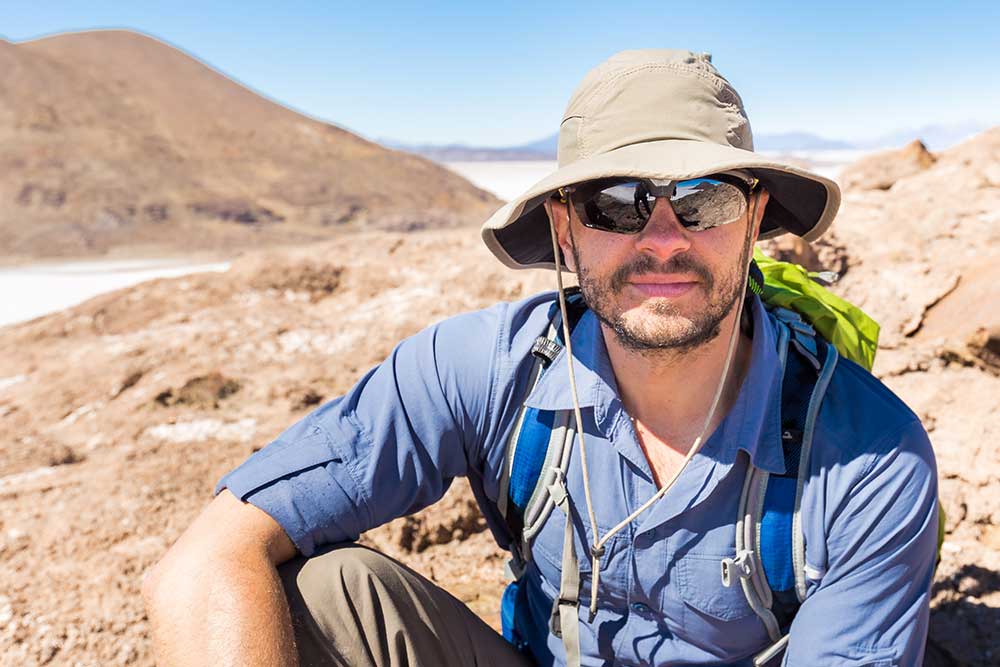All Categories
Featured
Table of Contents
An Assessment Of Geophysical Survey Techniques For ... in Hazelmere Oz 2021
This work is progressively contracted out, so consultancies provide another source of employment. Consultancy companies differ in size, from really little business to big multinationals. Some consultancies are rather specialised in utilizing specific geophysical techniques or operating in particular locations, while others offer a more varied series of services to their customers.
The extraction of gas from land fill websites is another area of employment and this might grow in the future. Expedition business might undertake work for construction companies, water business, mining business and ecological firms, so geophysicists might be utilized in any of these settings. Other companies include: geological surveysgovernment bodies and agenciesuniversities and research institutes.


Jobs may be listed in the oil and gas sector press. Recruitment is affected by oil price variations and the level of competition for positions differs depending upon this. Careers Days, which cover the full series of geoscience careers and are normally attended by a variety of essential market companies, are run by The Geological Society.
Geophysicists in Quinns Rocks WA 2021
A few of the large oil and gas companies provide a complete two-year structured training program across the breadth of geophysics, including the chance to experience operate in various groups prior to specialising in one area. Your training might consist of work on: existing wellsmagnetic and gravitational prospective field data analysisresearchrock analysis. It's more usual for your preliminary training to be offered on the task.

There may be a probationary duration during which you work along with an experienced associate. Competency-based appraisals take location regularly in most companies. In smaller sized companies, and for scholastic posts, there is unlikely to be any formal training - you'll be expected to start work straightaway and pick up abilities as you go along.
If you work for a smaller business, you might find that you require to take responsibility for setting up and moneying your own development and training. If you have a geology degree, subscription of The Geological Society can be useful for networking and for maintaining to date with the market.
Greeley-evans Area 3d Geophysical Survey in Bassendean Australia 2023
You might also discover it beneficial to sign up with the PESGB (The Petroleum Expedition Society of Great Britain, which has a geophysics unique interest group. After a probationary period, and as soon as you've gained some experience, you could progress to senior geophysicist, then group leader and after that into a senior role in management.
The ease of movement in between roles depends upon the company structure. Research study at Masters or Ph, D level in a subject related to geophysics or geosciences might help with your career advancement and progression. The employment market within the oil and gas industry is really reliant on cost and this might impact your opportunities for profession development.
Not all jobs are dependent on the oil and gas industries. For experienced geophysicists, freelance consultancy provides an excellent route for career advancement. You can also specialise in a specific location of geophysics. As a geophysicist, you're likely to have numerous tasks throughout your working life. Global mobility is crucial for dealing with peaks and troughs in different nations at various times.
Geophysical Prospecting in Mahogany Creek WA 2022
From geophysics, it's possible to focus on seismology (finishing additional training to become a seismic interpreter) or to move into related locations such as engineering geology or threat forecast.
Choosing what to study in college is a hard option. Even if you understand that your field of interest lies in science, what program of study is right for you?
The first step to accomplishing your goal of ending up being a geophysicist is earning a degree. Even for entry-level positions in the field of geoscience, you'll need a bachelor's degree (a geophysicist college degree) from a certified college or university. Geophysicists should be able to: analyze rocks, photos, and other pieces of data carry out research study both in the field and in labs produce maps and charts of their findings compose reports To accomplish all this, students require a specialized education for geophysicist careers.
As specified above, you'll need a bachelor's degree in geoscience or an associated discipline, such as a physical science or a natural science, to land an entry-level task. Trainees can also prepare by majoring in subjects like: Biology Chemistry Computer system science Engineering Mathematics Physics The above geophysicist majors use a more generalized technique to a single scientific discipline, however most programs require students to take one or more geology course.
Latest Posts
Geophysicist Jobs in North Perth Australia 2021
Geophysical Survey Definition in Warnbro Western Australia 2021
What Is Geophysics? in Carlisle Australia 2020